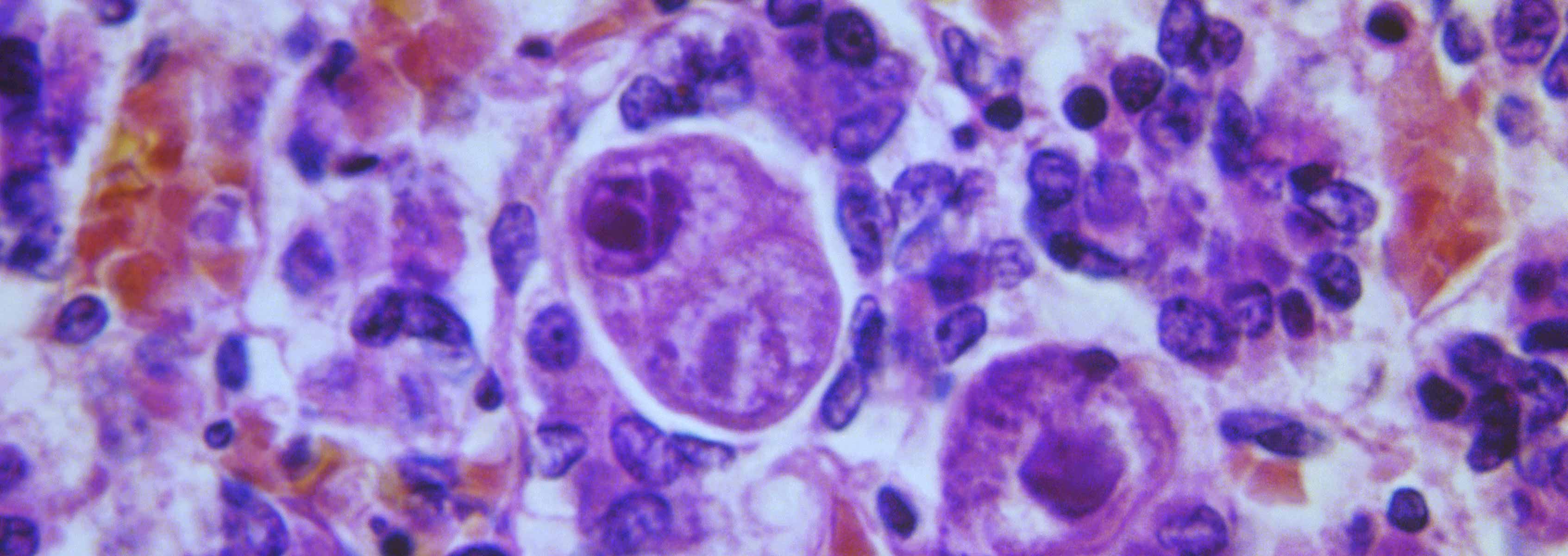A Synthetic Human Cytomegalovirus Vaccine Platform

The goal of this project is to synthesize, based on genomic sequence information, a human cytomegalovirus (HCMV) strain with demonstrated ability to establish persistent infection in sero-positive individuals. The resulting synthetic product will form the basis for the development of attenuated HCMV vaccines. Innovative synthetic biology methods will overcome a shortcoming of current technologies that require extensive in vitro passaging of HCMV which often results in selecting tissue-culture adapted viral variants that are unlikely to be infectious. As proof-of-principle, we will recreate the wild-type version of the clinical isolate Toledo which has been used previously in clinical trials. Preliminary data suggest that early passages of Toledo contain a mixture of genomes displaying both tissue-culture adapted and non-adapted genotypes.
We will determine the genomic sequence of the genotypes present in this mixture and use a combination of oligonucleotide synthesis, polymerase chain reaction, in vitro and in vivo assembly to recreate in a step-wise fashion a HCMV genome that will most closely resemble the original, wild-type sequence from humans. The resulting virus, as well as spread-deficient variants, will be reconstituted in vitro and its growth characteristics will be compared to that of laboratory-adapted strains and other clinical isolates in vitro and in vivo using humanized NOD/SCID/IL2Rg-nul mice. If successful, this project would a) greatly facilitate the generation of molecular clones of CMV directly from sequence information without prior tissue culture, b) result in the largest viral genome synthesized to date, and c) revolutionize the genetic manipulation of herpesvirus genomes, as well as that of other large DNA viruses.
Funding
Funding for this project provided by US National Institutes of Health 1R41AI106090-01A1.